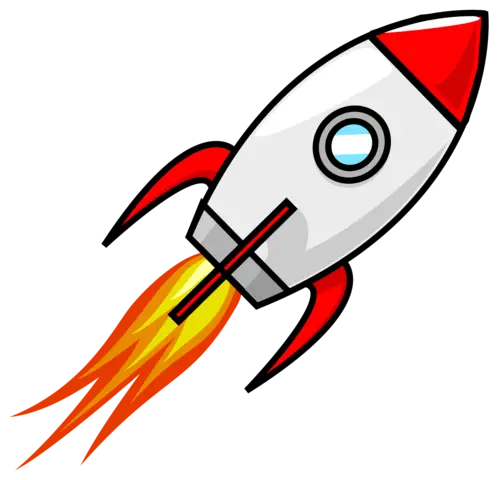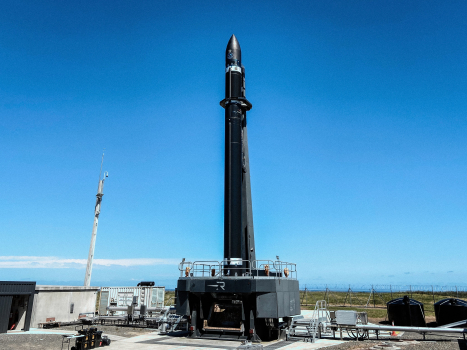On Thursday at 14:10 UTC, a Chang Zheng 2F/T rocket is expected to launch China’s reusable spaceplane into orbit from the Jiuquan Satellite Launch Center in China. Very little is publicly known about this spaceplane, even less than the X-37B, which this vehicle is believed to be based on.
On Friday, Rocket Lab will launch the “The Moon God Awakens” mission aboard their Electron rocket, officially returning the vehicle to flight after its last mission ended in failure when an electrical arc within the power supply system on the second stage occurred, causing the vehicle to lose power and shut down its engine shortly after separation from the first stage.
Towards the end of the day on Friday, SpaceX will launch a Falcon 9 carrying another batch of 22 Starlink V2 mini satellites from Space Launch Complex 4-East at the Vandenberg Space Force Base in California. Liftoff is set to occur at 9:14 PM PST (04:59 UTC on Dec. 14).
On Friday, a Chang Zheng 5 will launch a currently unknown payload from the Wenchang Space Launch Site in China. An exact liftoff time is unknown; however, NOTAMS indicate a launch window of 13:32-14:26 UTC.
On Saturday, the private Chinese aerospace company i-Space is expected to launch its Hyperbola-1 rocket with a currently unknown payload. Liftoff from the Jiuquan Satellite Launch Center is expected to occur at 06:00 UTC.
A few hours later, Russia is expected to launch a Soyuz 2.1b rocket from Site 31 at the Baikonur Cosmodrome in Kazakhstan. Liftoff is expected to occur at 12:17 Moscow Time (09:17 UTC).
Finishing off the week on Sunday, another Falcon 9 will launch from SLC-40, carrying the Ovzon-3 satellite into a Geostationary Transfer Orbit (GTO). Liftoff is set to occur at 3:46 PM EST (20:46 UTC).


